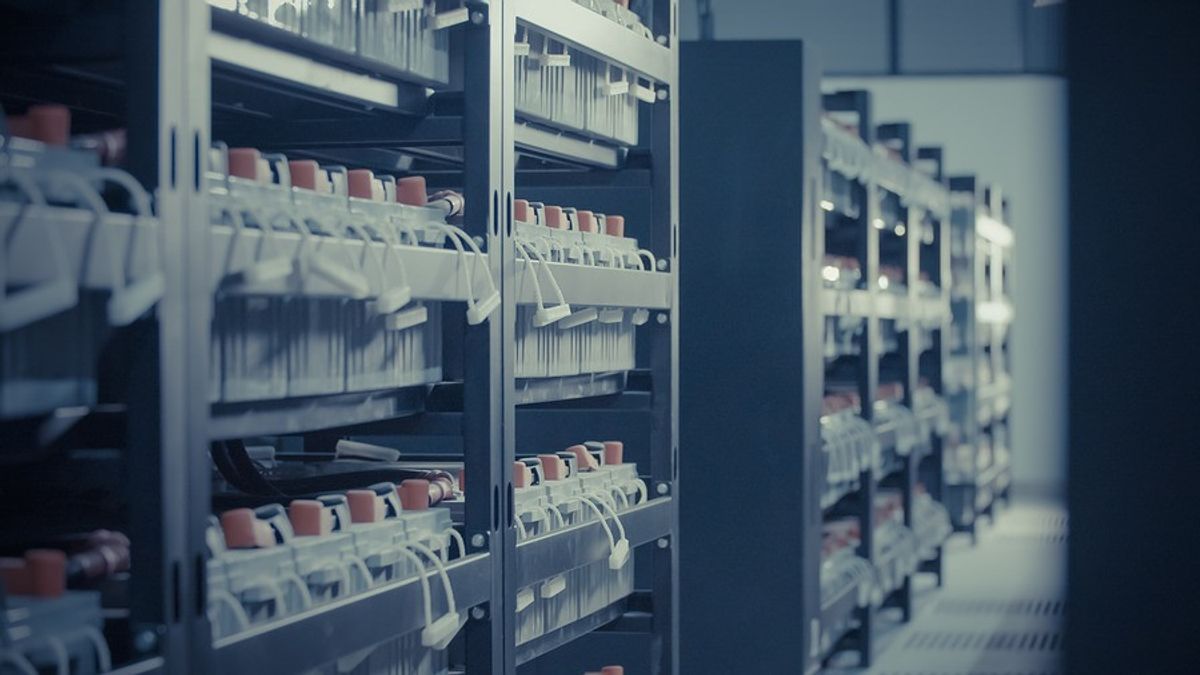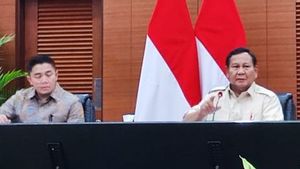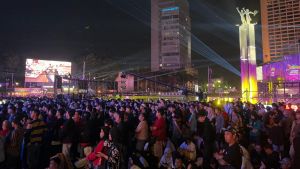JAKARTA - The city of Zeewolde, 50 km east of Amsterdam, on Thursday 16 December approved Meta Platform Inc's plan to build the largest data center in the Netherlands where Facebook, Instagram and Whatsapp can serve users across Europe.
The facility, which will use 1.38GWh of electricity and cover 166 hectares (410 acres) of farmland, is expected to run on green energy and provide a boost to the local economy. However, the project has been criticized by some politicians and environmental campaigners.
The Data Center is expected to create 400 permanent jobs in the city of 20,000 inhabitants.
The Dutch ministry of economic affairs has been lobbying to attract data centers to the Netherlands, including key facilities by Google and Microsoft that also use renewable energy. However, politicians have recently begun to question whether the number and placement of data centers should be determined by national governments. .
"Large-scale data centers place enormous demands on available renewable energies in terms of their social or economic value," the parties that formed Prime Minister Mark Rutte's new government wrote in their governing pact published a day before the Zeewolde council vote.
"We will sharpen national coordination and acceptance criteria for permits," said a source in the coalition party, quoted by Reuters.
Hendrik Visser, a councilor for the VVD Party, admits that there are drawbacks to having a large data center in the city, but says the benefits are greater for urban development in general.
"To meet our online needs, a data center is indispensable," he told Reuters. "They have to go somewhere, and it might not be wise to build it here in Western Europe, centralized under our laws, and to see what that means for Zeewolde in this case."
Meta spokeswoman Melanie Roe said the initial construction cost would be around 700 million euros (Rp 11.3 trillion) and no date had been set for completion.
Amsterdam's population of 800,000 are heavy users of the data services provided by Meta. But regional authorities have issued a ban on the construction of further data centers in the city due to disruptions to its power grid.
The Netherlands Association of Data Centers estimates that data centers currently account for about 3% of all Dutch electricity use, but that could increase to 10% by 2030.
The English, Chinese, Japanese, Arabic, and French versions are automatically generated by the AI. So there may still be inaccuracies in translating, please always see Indonesian as our main language. (system supported by DigitalSiber.id)













